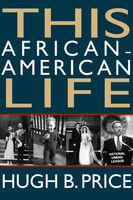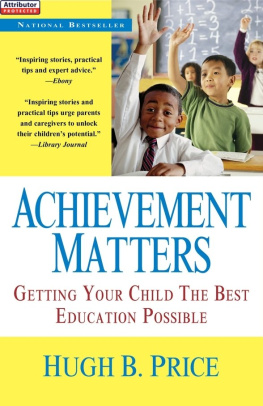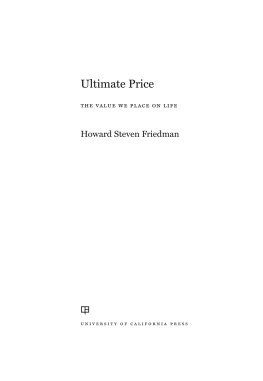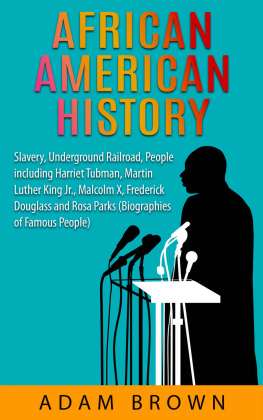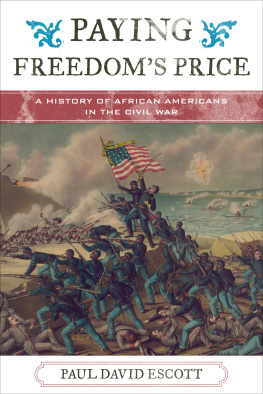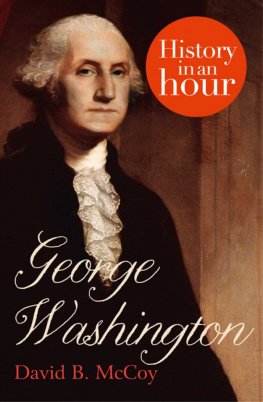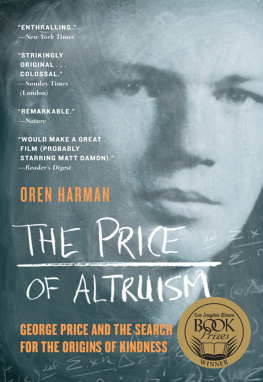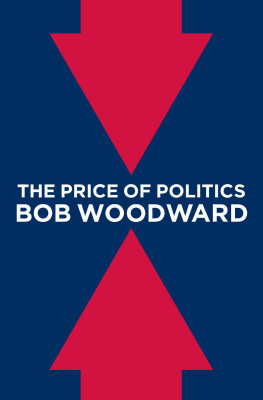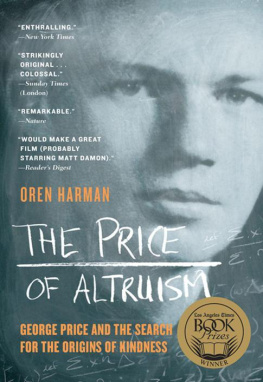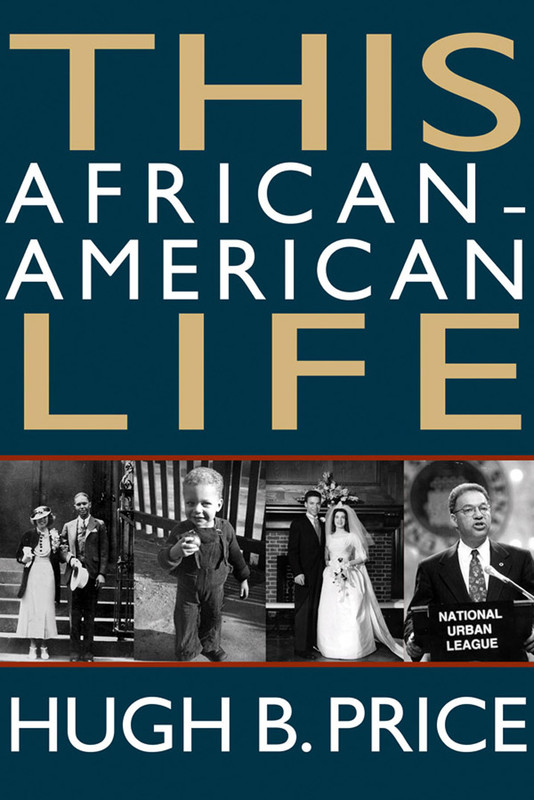
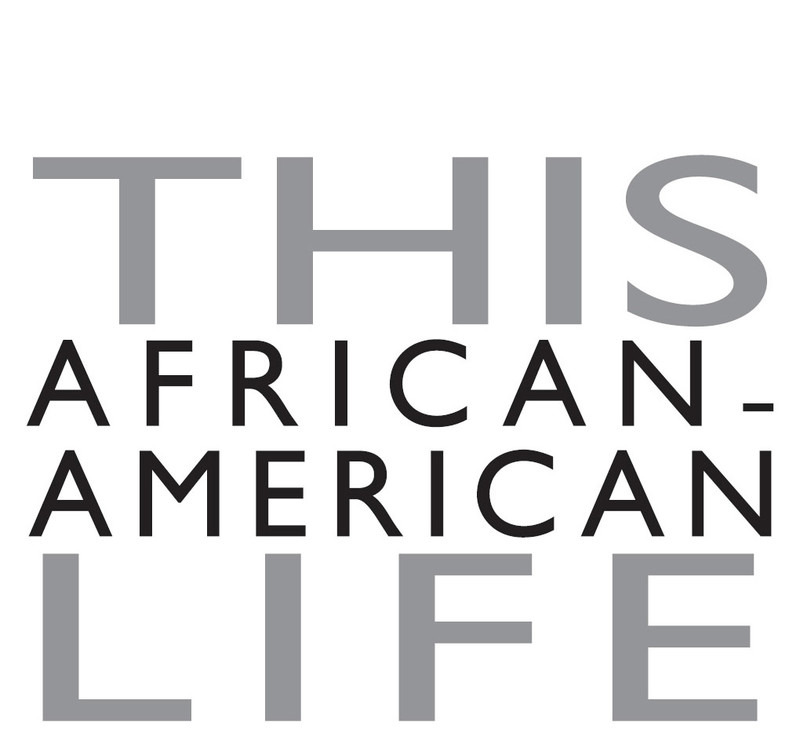
ALSO BY HUGH B. PRICE
Achievement Matters: Getting Your Child the Best Education Possible
Strugglers Into Strivers: What the Military Can Teach Us About How Young People Learn and Grow
Mobilizing the Community to Help Students Succeed
Destination: The American Dream
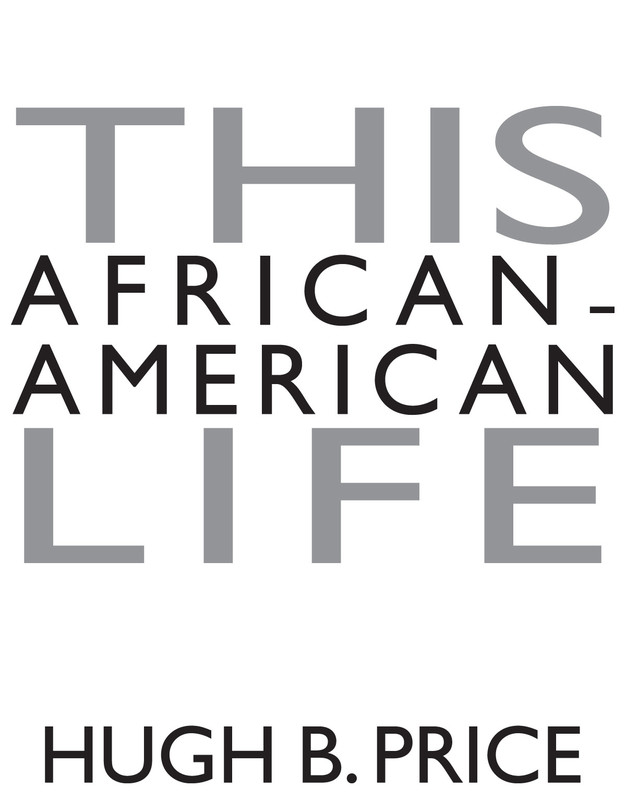

John F. Blair
Publisher
1406 Plaza Drive
Winston-Salem, North Carolina 27103
Copyright 2017 by Hugh B. Price
All rights reserved. No part of this book may be reproduced in any form or by any electronic or mechanical means, including information storage and retrieval systems, without permission in writing from the publisher, except by a reviewer, who may quote brief passages in a review. For information, address John F. Blair, Publisher, Subsidiary Rights Department, 1406 Plaza Drive, Winston-Salem, North Carolina 27103.
Library of Congress Cataloging-in-Publication Data is available upon request.
Library of Congress Cataloging in Publication Control Number: 2017004144
All photographs are from Hugh B. Prices personal collection, unless otherwise noted.
ISBN 978-0-89587-691-1
Printed in the United States of America
10 9 8 7 6 5 4 3 2 1
Design by The Roberts Group Editorial & Design
Cover design by Anna B. Sutton
Cover photographs: From left to right: Prices mother & father on wedding day 1935; Price as little boy playing in his back yard; Price and Marilyn Lloyd on their wedding day in 1963; Price giving keynote address at National Urban League annual conference in 1994
CONTENTS
Prologue
Chapter 1 The Village That Raised Me
Chapter 2 An Uncommon Man with Resilient Roots
Chapter 3 An Energizer Bunny with Fascinating Origins
Chapter 4 The National Pastime, All the Time
Chapter 5 One Giant Leap for Integration
Chapter 6 Laboratory in Democracy
Chapter 7 The Center of My Universe
Chapter 8 Training for the Law and for Life
Chapter 9 Moving toward the Mainstream
Chapter 10 The New York Times Knocks
Chapter 11 Lets Go to the Videotape
Chapter 12 Other Peoples Money
Chapter 13 The Military and Me
Chapter 14 There at the Creation
Chapter 15 A Dream Deferred Comes True
Chapter 16 Taking the Reins in Contentious Times
Chapter 17 My Speech Makes a Splash
Chapter 18 Spreading the Gospel of Achievement
Chapter 19 The Criminal Injustice System
Chapter 20 Affirmative Action and Other Fights
Chapter 21 Fringe Benefits
Chapter 22 Reflections on Leadership
Chapter 23 Denouement of an Adventuresome Career
Acknowledgments
References
Index
PROLOGUE
I harbor no illusions about the advantages bestowed upon me from the beginning. I was blessed with an intact family, loving parents and a brother who cheered me on, a comfortably middle-class upbringing, and the safety of a stable neighborhood.
Some discoveries during adolescence can be fleeting and inconsequential. Others border on epiphanies, illuminating the world as it really is, like it or not. They even can tellingly influence the arc of ones professional career.
I endured such a life-changing experience in high school. In the summer of 1958, between the eleventh and twelfth grades, I was selected for an internship with a U.S. Defense Department subcontractor known as the Operations Research Office (ORO). Those who were chosen excelled in math and science. I made the cut. In fact, I was the first black student ever selected for this prestigious opportunity.
As our task that summer, we estimated the damage that thermonuclear bombs of varying megatons would inflict if an enemy such as the Soviet Union dropped one on Washington, D.C., or another major American city. The idea was to project what scale of investment in civil defense was required in order to limit the loss of human life and physical devastation.
Today, we harbor anxieties about terrorist attacks, dirty bombs, weapons of mass destruction, and slaughters even in public schools. My generation grew up scared of outright annihilation. The news media bombarded us with coverage of the brutal Soviet dictator and Americas archenemy, Joseph Stalin, who we feared would launch a preemptive strike against the U.S. mainland. Of course, the nations capital stood as a prime target.
The busybodies at ORO, who were white, took it upon themselves to administer a battery of tests designed to gauge our potential. If memory serves, the tests resembled an SAT exam or IQ assessment. I was puzzled why they even bothered. To my mind, the interns had demonstrated already that we were strong students with bright futures. We would not have been selected otherwise. My preliminary SAT scores, grades, and class ranking were plenty strong enough to qualify me for admission to Ivy League universities and their small-college equivalents.
I shall never forget the prognosis the ORO staffers handed me when they debriefed me individually on the test results. You probably will go to college, they said encouragingly, but you shouldnt count on getting into graduate or professional school.
I walked, silent and fuming, out of the room. Fortunately, I possessed enough self-confidence to keep their equivocal assessment from rattling me. I reported the episode to my parents, who told me to pay it no heed. Even so, the encounter triggered a kaleidoscope of emotions. It confused, embarrassed, and humiliated me.
Many reasons may explain the lukewarm assessment by ORO. Perhaps, perish the thought, it was an accurate reflection of my intellectual ability and potential. I didnt buy that then, and I do not now. It is possible, of course, that it was an aberration, that I simply had a bad test day. Since I mangled the law school entrance exam a half-decade later, an off day was not out of the question. Even so, sharing a so-so prognosis about a youngsters future based on only one exam bordered on child abuse.
For the first time in my life, adults had called my scholastic ability, intelligence, and potential into question. I had set my sights on applying to top colleges and universities. Was I naively overreaching? Should I lower my sights for college and beyond?
The assessment left me wondering if I had suffered an early encounter with institutional racism. I refer to those barely discernible, seemingly innocent decisions by gatekeepers that are designed to stifle hope, hold people of color back, deny us deserved opportunities to advance, and sow doubt about our potential and our rightful place in the American mainstream.
I discovered as an adolescent that racism isnt always blatant. It can be subtle, as if written with invisible ink. But the net effectdenial of equality, opportunity, and upward mobilityis the same. Youngsters of all races and socioeconomic groups can be misunderestimated by tests and teachers. I have listened to titans of industry and creative geniuses complain bitterly of being dismissed as dyslexic, only to soar later to the pinnacle of their professions. I know of influential lawmakers who earned unimpressive scores on the SAT or were shunted off to special education, only to ascend to the heights of power and influence in public life.
Next page
